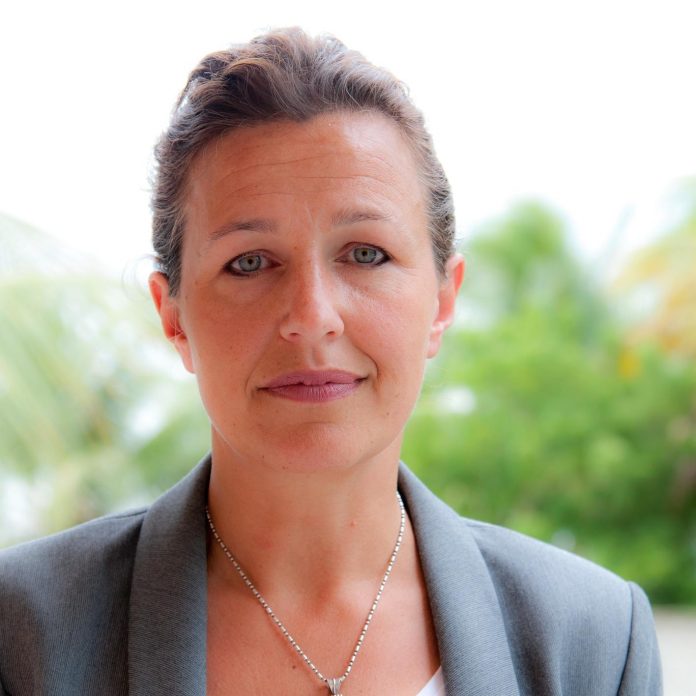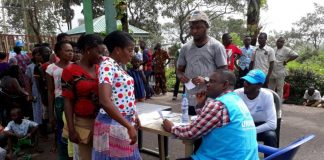By Innocent Unoh
Expanding family planning access to women, who need it, will help Nigeria to drastically reduce the people’s vulnerability to the impact of climate change as well as to meet at least six of the Sustainable Development Goals (SDGs), including poverty eradication, zero hunger, gender equality and reduced inequalities.
The Director of Population, Environmental Security and Resilience at the Woodrow Wilson International Centre for Scholarship, in the US, Roger-Mark De Souza, made the submission recently during a webinar for Nigerian journalists.
Speaking on the topic, “Challenges which the climate poses for Population Dynamics”, Dr. De Souza noted that Nigeria alongside 33 other nations in sub-Saharan Africa fall under what he referred to as “climate change hotspot” which is an area with high population growth, reducing agricultural potential and high vulnerability to impact of climate change.
He explained that climate change has fueled inequalities, poverty, and water scarcity, among development indices, such that people with large families are unable to adequately cater for the needs of their children, thus widening the inequality gap.
Another angle to the issue, De Souza said, is that in the event of climate change disasters such as insecurity and flooding, resources are not sufficient to attend to the needs of victims where the population is huge.
His words: “Population is an important wedge to stabilise emission. Population control if voluntarily carried out would reduce vulnerability to climate change impacts. If you want to have three, four, to five children, you want to provide for them and climate change impacts – weather pattern, agricultural productivity, water scarcity, conflict and natural disasters, is making all of these difficult. Ultimately, how can Nigeria policy makers recognise that while having a large population size means you are powerful, but at the same time strike a balance between powerful and the need of the community.
De Souza, who observed that large millions of women in sub-Saharan Africa were faced with the problem of family planning, said high level policy support from government was needed to make the birth control commodities available to the people.
He explained that where women can properly control child bearing, they will be free to empower themselves through skill acquisition or education, earn income and improve their lives and those of their families, thus contributing to the realization of the SDGs.
Earlier, the Head of Communications, UN Office for the Coordination of Humanitarian Affairs (OCHA), Nigeria, Samantha Newport, said more aids were needed to provide essential services to properly cater for victims of Boko Haram activities at the camps built for Internally Displaced Persons (IDPs).
In Mrs. Newport’s words, “The international system has rapidly scaled up and saved millions of lives. We reached two million people with food assistance every month and have provided hundreds of thousands of children with life-saving nutritional support. We have averted famine, but millions of people are still at risk if more international help is not forthcoming”. She warned that the humanitarian situation remained precarious.
According to statistics from the UN, the nine years of conflict in Nigeria has left about 17 million people in need of humanitarian assistance in the Lake Chad Basin, including 8.5 million in the North East zone.


















